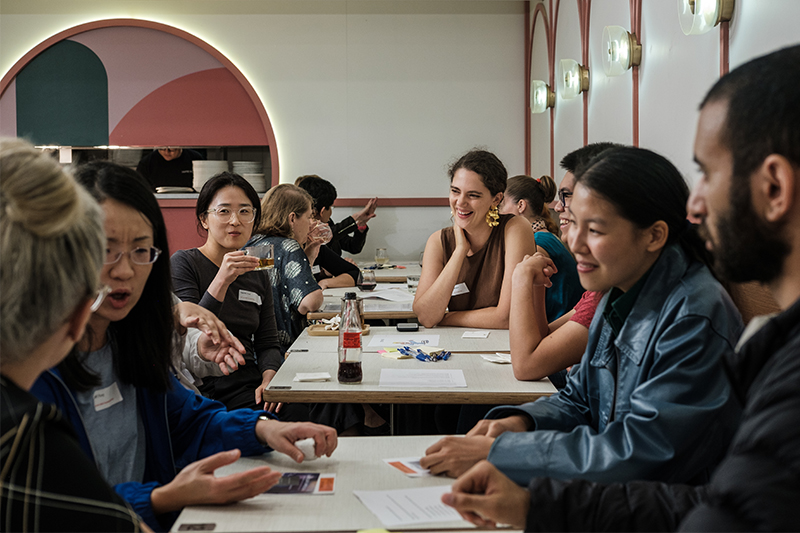As applications close for the Master of Fine Arts in Cultural Leadership, Course Leader Karilyn Brown talks about the future of Australian cultural leaders.

Above: Creative Meet Up – NetworkingNight at the City of Ryde facilitated by Cultural Leadership alumna, Yasmin Masri (Photo: James Schulz for City of Ryde)
What are critical issues for leaders in the current cultural context?
The diversity ofour cultural contextisadynamic and constantly evolvingreflection of who we are,the multiplicity ofourvoices,andthe creativeexpressions thatarticulate what isimportant to usas individuals, communities and societies.
In a rapidlydisruptedworld,we need tonot only embrace change but drive theinfluence and impact that arts and culture can have inaddressing critical issues.
Some of the urgent issuesthat require transformational modelling include:
- Engaging withFirst Nations knowledge andculturalpractices,and creatingavenues forIndigenous-led platforms;
- Addressingthe climate crisis,and implementing radical changes and long-term sustainability into our practices;
- Empowering the diversity and intersectionality of creative voices, and fundamentally shifting to wholly inclusiveorganisational and creative practices;
- Supporting the independent sector – the lifeblood of the arts, practices and programs tosustainindependent artists and creatives;
- Navigating thedevastingimpact of theCOVIDpandemicand creating resilience and sustainability through innovationand changed practices; and
- Implementingmore caring,safer and healthier working practices in the arts and cultural sector.
What leads people toNIDA’s MFA inCultural Leadership course?
The course isdesigned specifically for those who already have active roles in thearts andcultural sector. It offers an inclusive, safe and dynamic learning environment for thosewho aspire to facilitate new and resilient leadership modelsin their practice.
The coursechampions the development of cross-sector cohorts bringing togetherpeoplewith diverse practices and experience, includingfrom the performing arts, museums, galleries, libraries, local government, festivals, independent arts practice,and culturaland communityorganisations.
Students aresupportedto exchange and collaborate in innovative and entrepreneurial approaches to creative and professional practice, and to engage ininter-disciplinary thought leadership and practices.
The cross-discipline nature ofeachcohort, combined with opportunities for strong peer-to-peer learning, enables students to consolidate their skills, knowledge and expertise to lead confidently across a wide range of sector disciplines and roles.
Whatlearnings and newknowledgesdo peopleseek from the course?
The course was established in 2016 asa much-needed platform for inspiring innovative leadership in the arts and cultural sector – an academic course that builds on the connections and synergies across disciplines, and develops leadership values around inclusivity, collaboration, shared knowledges and aspirational thinking.
We question current methodologies and highlight diverse approaches and opportunities aroundleadership in governance, cultural policy and practice, entrepreneurial modelling, communications, advocacy, cultural transformation and sustainability, andresearch generated through practice,as well asinternational leadership models.
Led by First Nations Lecturer, Jacob Boehme, we’redeveloping a strategy forengaging inFirst Nations knowledge and knowledge systems within and around the 30-monthstudyjourney for each student.
The course supports the development of leadership skills and experience to be able toaddress the contemporary issues and challenges critical to the vitality and relevance of the cultural sector. It encourages collaborative, entrepreneurial and advocacyapproachesto findingand communicatingsolutions.
Whatare some of the other experiencesthat the course providesstudents?
Students and alumni consistently cite the deep connection, collegiality and shared knowledges and experiences that exists within cohorts, creating relationships and networks that continue beyond the course.
Feedback onother experiences includes:
- Valuingthe calibre of teaching provided by highlyexperienced cultural leaders in the arts industryand thesenior NIDA academics, as well as theunprecedented access to exceptional cultural leaders as guest speakers, panellists and assessors.
- Being able to engage in content, readings and discussions that take them beyond their practice bubble, into new territories of leadership practices and methodologies
- Developing a deeperunderstanding of the inter-dependencies between the sectors and the opportunities for knowledge exchange.
- Reflecting on the values and responsibilities of leadership, becoming empowered to realise a leadership role and sharing ways to implement changes.
Feeling inspired? Applications for study in 2022 close on 30 September 2022. More information about the course ishere.

